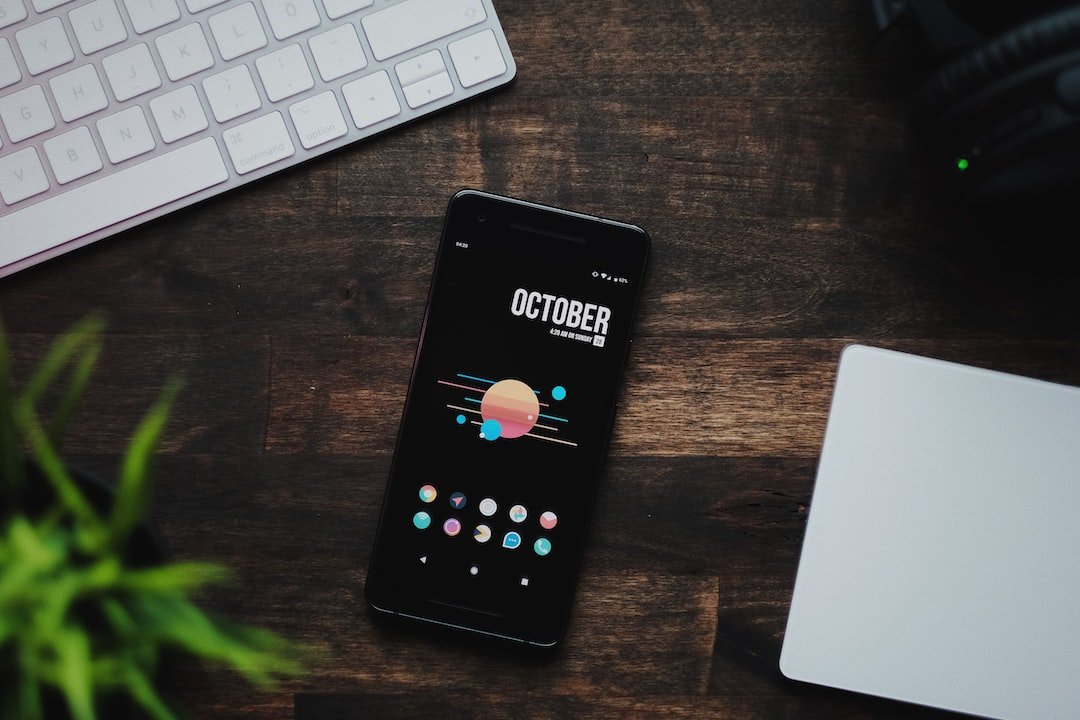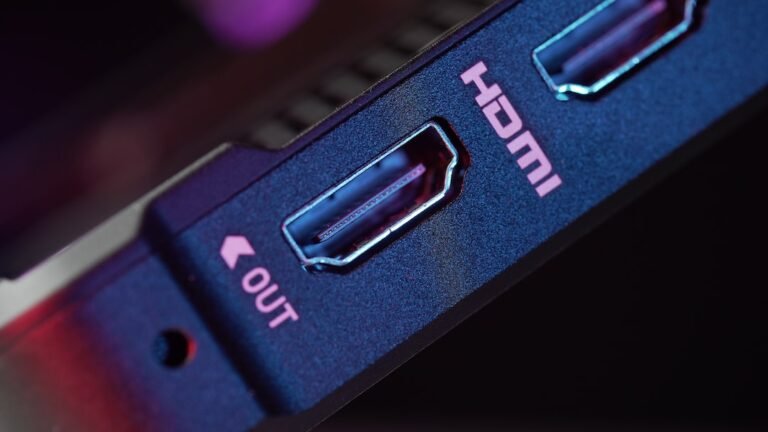Introduction
In recent years, the use of Virtual Private Networks (VPNs) has gained significant popularity in France. As the internet landscape continues to evolve, individuals and businesses are increasingly concerned about their digital privacy and security. VPNs offer a solution by encrypting internet traffic and masking users’ IP addresses, providing a secure and anonymous online experience.
However, with the rise in VPN usage, questions about the legality of VPNs in France have surfaced. This guide aims to provide an overview of the key issues surrounding VPN laws and regulations in France.
Is Using a VPN Legal in France?
Yes, using a VPN is legal in France. The French government does not prohibit the use of VPN services, and there are no specific laws that criminalize the use of VPNs for personal or business purposes. VPNs are generally seen as a tool that can enhance privacy and security while navigating the online world.
The French Regulatory Framework for VPNs
Although VPNs are legal in France, it’s important to note that the country has a regulated market for VPN services. This means that VPN providers must comply with certain laws and regulations to operate within the French jurisdiction.
Under French law, VPN providers are required to:
Cooperate with Law Enforcement: VPN providers must cooperate with law enforcement authorities when required by a court order or a legal request. This includes providing user information when necessary for a criminal investigation. However, it’s important to choose a reputable VPN provider that prioritizes user privacy and has a transparent logging policy.
Comply with Data Retention Laws: French law mandates the retention of certain user data by internet service providers (ISPs) and VPN providers for a specific period of time. This data can be accessed by law enforcement agencies when authorized by a court order. However, VPN providers often have strict no-logs policies in place, meaning they do not keep any user activity logs.
Ensure Network Neutrality: In line with European Union (EU) regulations, France upholds network neutrality, which means that ISPs and VPN providers must treat all internet traffic equally, without discriminating against any specific type of content or service.
Advantages of Using a VPN in France
Enhanced Online Privacy: By using a VPN in France, individuals can maintain their online privacy by encrypting their internet traffic. This protects sensitive data from potential eavesdropping and surveillance.
Bypassing Geographical Restrictions: Many online services, such as streaming platforms and websites, implement geo-blocks that restrict access to specific regions. With a VPN, users can bypass these restrictions and access content that may be otherwise unavailable in France.
Secure Remote Access: VPNs are commonly used by businesses to provide secure remote access for employees. With a VPN, employees can securely connect to their company’s network from any location, ensuring the confidentiality of sensitive company data.
Concerns and Limitations
Illegal Activities: While the use of VPNs itself is legal, it’s important to note that engaging in illegal activities through a VPN is still punishable by law. It is crucial to use VPNs for lawful purposes and respect the terms of service of the VPN provider.
VPN Provider Trustworthiness: Choosing a reliable and trustworthy VPN provider is of utmost importance. Some VPNs may claim to offer privacy and security but may actually log your online activities or sell your data to third parties. It is advisable to carefully research and choose a reputable VPN provider with a strong track record of protecting user privacy.
Internet Speed: When using a VPN, there may be a slight decrease in internet speed due to the encryption and routing processes. However, a high-quality VPN service will minimize this impact and provide a seamless browsing experience.
Conclusion
In conclusion, VPNs are legal in France, offering individuals and businesses a range of benefits such as enhanced privacy, bypassing geo-blocks, and secure remote access. However, it’s important to choose a reputable VPN provider that complies with relevant laws and prioritizes user privacy. By using a VPN responsibly, individuals can navigate the online world with confidence, knowing that their data and online activities are protected.
FAQ
Q1: What is a VPN and why do I need a VPN?
A1: A VPN, or Virtual Private Network, is a tool that creates a secure and encrypted connection between a user’s device and the internet. It helps protect privacy, bypass geographical restrictions, and enhance online security.
Q2: Is VPN illegal or is VPN legal?
A2: VPNs are legal in most countries, including France. However, it is important to use VPNs for lawful purposes and comply with local regulations.
Q3: Can I use a free VPN in France?
A3: Yes, you can use a free VPN in France. However, free VPNs often come with limitations such as slower connection speeds, limited server options, and potential data privacy concerns. It is advisable to choose a reputable paid VPN service for a better experience.
Q4: Can I use a VPN to access French streaming services from abroad?
A4: Yes, with a VPN, you can bypass geo-blocking restrictions and access French streaming services from anywhere in the world. Simply connect to a VPN server located in France to access content as if you were in the country.
Q5: How can I ensure my VPN is secure and trustworthy?
A5: To ensure the security and trustworthiness of your VPN, consider the following factors: a strong no-logs policy, robust encryption protocols, a wide network of servers, positive user reviews, and an established reputation in the VPN market.
Further Reading
| Website | Description |
|---|---|
| Electronic Frontier Foundation (EFF) | A leading nonprofit organization defending civil liberties in the digital world. |
| PrivacyTools | A website that provides information and resources for protecting online privacy. |
Please note that the information provided in this article is for informational purposes only and does not constitute legal advice. It is advisable to consult with a legal professional for specific questions regarding the legality of VPNs in France.




